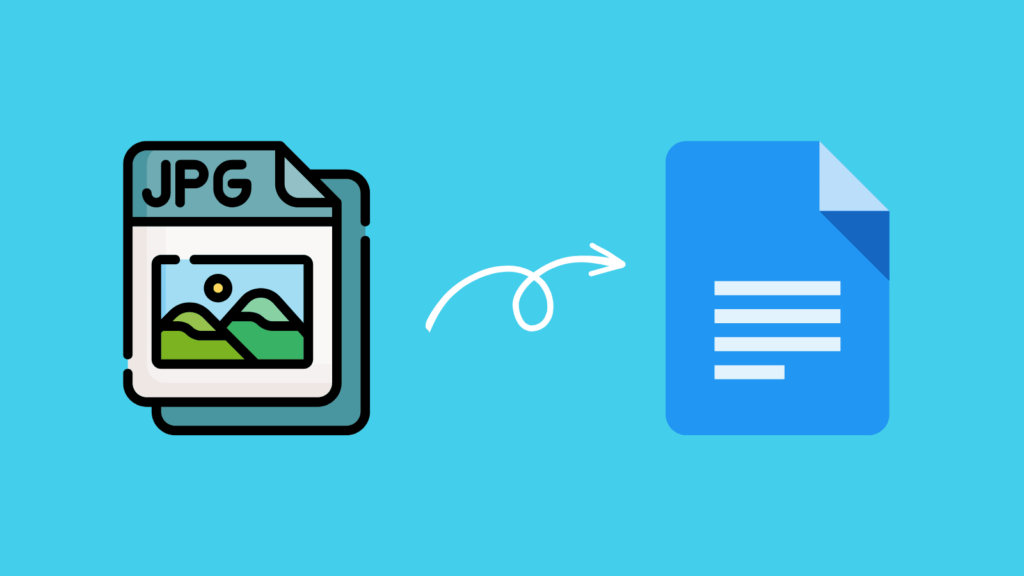Optical Character Recognition (OCR) technology has revolutionized the way we interact with text-based information, offering a streamlined and efficient method of converting images containing text into editable and searchable digital documents. This transformative process is referred to as an “image to word” converter, and it plays a pivotal role in various sectors, from archiving and data management to facilitating accessibility for visually impaired individuals.
Understanding OCR Technology
OCR technology enables machines to identify and extract text from digital or printed images, such as scanned documents, photographs, or screenshots. The process involves sophisticated algorithms that analyze the pixels of the image, recognizing patterns that represent characters or words. These algorithms are trained using large datasets to enhance accuracy and efficiency.
Advantages of Image to Word Conversion
- Digitization of Text: OCR allows for the efficient conversion of physical or digital documents into editable and searchable digital formats, facilitating easy editing, sharing, and storage.
- Data Extraction and Analysis: Image to word conversion enables the extraction of textual data from images for further analysis, such as sentiment analysis, trend identification, or data categorization.
- Accessibility: OCR technology helps make textual content more accessible to visually impaired individuals by converting images containing text into audio formats or digital text that can be read using screen readers.
- Efficiency: Manual transcription of text from images is a time-consuming process. OCR significantly reduces the time and effort required for such tasks, enhancing productivity.
- Archiving and Document Management: OCR technology enables the digitization and indexing of physical documents, simplifying document retrieval and management processes.
Challenges and Limitations
Despite its numerous benefits, OCR technology is not without its challenges:
- Accuracy: OCR technology may encounter difficulties recognizing certain fonts, languages, or low-resolution images, resulting in inaccuracies in the converted text.
- Layout and Formatting: Complex document layouts, such as those containing tables, columns, or unusual fonts, can pose challenges for OCR algorithms, affecting the accuracy of text extraction.
- Languages and Scripts: OCR algorithms are typically trained on datasets that primarily feature Latin-based scripts. Recognition accuracy may decrease when dealing with languages or scripts not included in the training data.
- Handwriting Recognition: While OCR technology can recognize printed text with high accuracy, handwritten text poses a greater challenge due to variations in handwriting styles.
Popular OCR Tools
Several OCR tools are available, catering to various needs and preferences:
- Adobe Acrobat Pro: Adobe Acrobat Pro offers a robust OCR feature that can convert scanned documents into searchable and editable PDFs.
- Google Cloud Vision API: Google Cloud Vision API provides OCR capabilities for extracting text from images, with support for multiple languages.
- Microsoft Azure Computer Vision: Azure Computer Vision offers OCR services for extracting text from images, along with additional features for image analysis.
- ABBYY FineReader: ABBYY FineReader is a comprehensive OCR software that provides accurate text extraction from images, as well as layout and formatting preservation.
Conclusion
Image to word converters powered by OCR technology have become indispensable tools for businesses, researchers, educators, and individuals alike. These tools enable the efficient extraction of text from images, offering numerous benefits such as improved accessibility, enhanced productivity, and streamlined document management. As OCR technology continues to evolve, we can expect even greater accuracy, efficiency, and versatility in converting images to editable and searchable text.
















